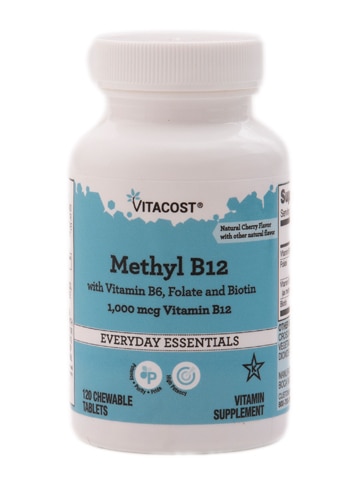Label checking is part of being vegan. Whether it’s a box of crackers or a bottle of shampoo, you want to know that the products you’re using are free of animal-derived ingredients. Although many companies call out “vegan” in clear print on their packaging, not all do—and it can be tricky to decode unfamiliar lingo. Here are some products that commonly cause confusion and what vegetarians and vegans should watch out for.
Protein powders. Plant-based protein powders are popping up everywhere, but the most popular type – whey protein – is animal-based. It’s derived from dairy and should be avoided if you’re following a vegan diet. Also keep an eye out for lactalbumin and casein on labels, as both come from cow’s milk.
Gelatin capsules. Many supplement casings are made from gelatin, a non-vegetarian and non-vegan ingredient. Gelatin comes from collagen, processed by boiling bones, ligaments and other animal parts (typically from cows or pigs) to form a liquid that eventually turns into a gel. Look for vegetable-based capsules, which are made from cellulose, a plant-based material.
Vitamin D. Essential for bone health, immune health and more, vitamin D isn’t easy to obtain from diet alone. Although many foods are fortified with vitamin D (milk, cereal, even orange juice), many people take supplements to ensure they're getting adequate amounts. But be careful! Vitamin D3, also known as cholecalciferol, is often obtained from sheep’s wool (lanolin). For an animal-product-free version, choose ergocalciferol, which is plant based.
Animal-derived Vitamin B12. Most vegetarians and vegan are aware they may need vitamin B12 supplements This water-soluble nutrient -- found mostly in meat and animal products -- helps your body to make red blood cells and also plays a part in nervous system health.* If you’re avoiding meat, The Vegan Society recommends consuming foods (like cereal) enriched with vitamin B12 or taking a supplement. I recommend that my vegan clients take methylcobalamin or hydroxycobalamine, at 500 mcg to 1 mg daily.
Fish-based Omega-3s. Omega-3 fatty acids are essential nutrients your body needs for good health; but it can’t create them on its own. The American Heart Association recommends getting omega-3s by eating two to three servings of fatty fish – such as salmon or cod – weekly. However, this isn’t an option if you’re following a vegetarian or vegan diet. Instead, supplement with a plant-based supplement which contains omega-3s derived from algae.
*These statements have not been evaluated by the FDA. These products are not intended to diagnose, treat, cure or prevent any disease.




